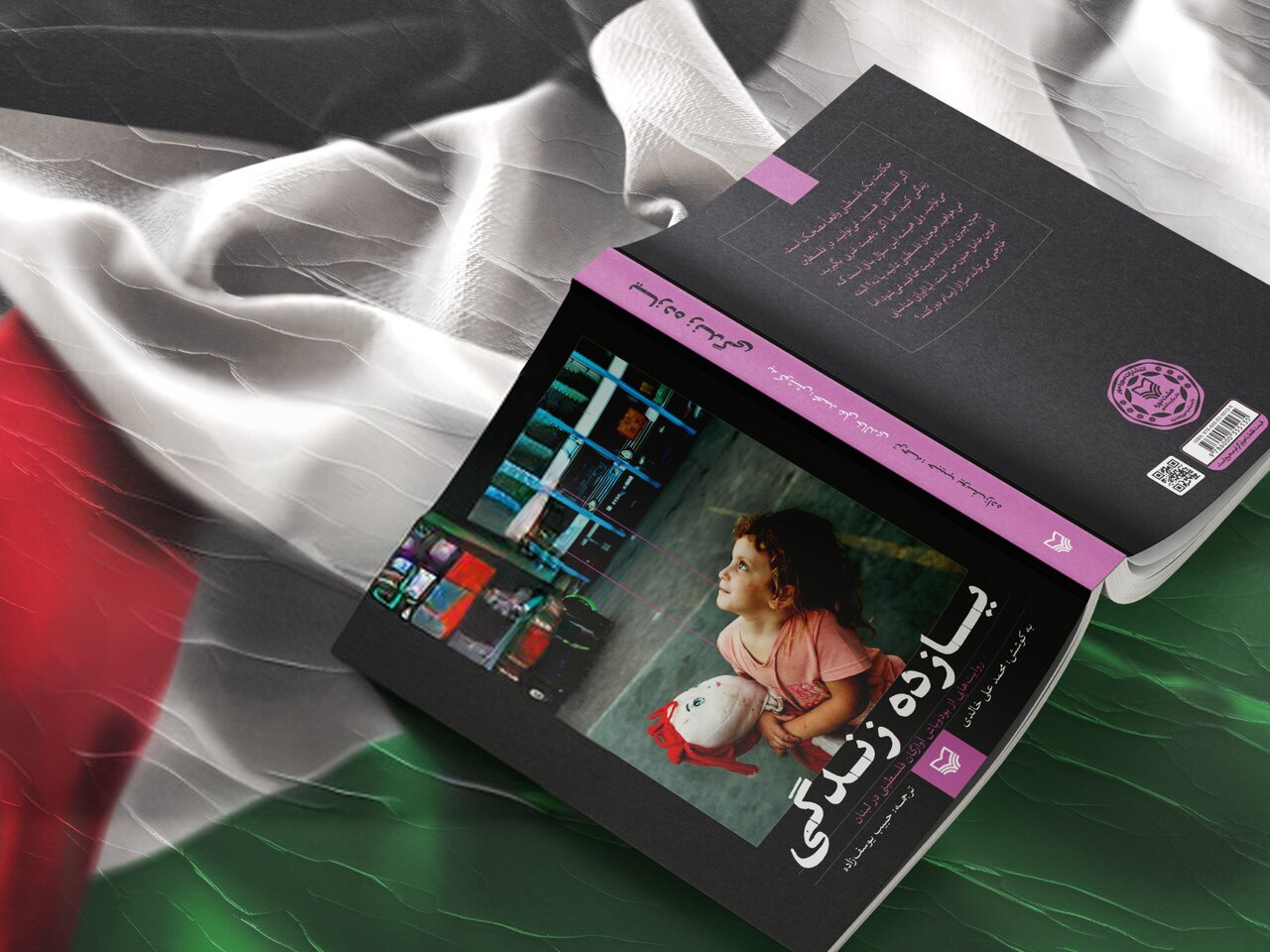“11 Lives: Stories from Palestinian Exiles” available in Persian

TEHRAN-The Persian translation of the book “11 Lives: Stories from Palestinian Exiles” compiled and edited by Muhammad Ali Khalidi has been released in the bookstores across Iran.
Soore Mehr Publication has published the book in 336 pages with a translation by Habib Yousefzadeh, Mehr reported.
Written by the refugees themselves, this highly original anthology of Palestinians forced to live outside their homeland brings together stories of what it means to be exiled, reflections on the events that led to being displaced, and the raw experience of daily life in a camp.
The 11 lives given voice in the book are unique, each an expression of the myriad displacements that war and occupation have forced upon Palestinians since the Nakba of 1948. At the same time, they form a collective testament of a people driven from their homes and land by colonial occupation. Each story is singular, and each tells the story of all Palestinians.
As Edward Said argued in 1984, the object of Israel’s colonial warfare is not only material—seeking to minimize Palestinian existence as such—but is also a narrative project that aims to obliterate Palestinian history “as possessed of a coherent narrative direction pointed towards self-determination.”
Through the book, Palestinian refugees narrate their own histories. The product of a creative-writing workshop organized by the Institute for Palestine Studies in Lebanon, “11 Lives” tells of children’s adventures in the alleyways of refugee camps, of teenage martyrs and ghosts next door, of a UNRWA teacher’s dismay at the shallowness of her colleagues, and of the love, labor, and land that form the threads of a red keffiyeh.
What unites these 11 stories is “the inadmissible existence of the Palestinian people” highlighted by Said. Their words persist, as one contributor writes, “between the Nakba and the Naksa, throughout defeats and massacres, love affairs and revolutions.” The stories of Palestinians in exile are also open-ended and will continue to reverberate across borders until Palestine is free.
The book contains contributions by Nadia Fahed, Intisar Hajaj, Yafa Talal El-Masri, Youssef Naanaa, Ruba Rahme, Hanin Mohammad Rashid, Mira Sidawi, Wedad Taha, Salem Yassin, Taha Younis, and Mahmoud Mohammad Zeidan.
Born in Lebanon to a Lebanese mother and a Palestinian father, Muhammad Ali Khalidi is a Palestinian philosopher. He holds a Ph.D. in philosophy from Columbia University.
He is the Presidential Professor of Philosophy at CUNY Graduate Center, where he teaches and publishes in the philosophy of science. He has also served as a professor of philosophy at York University in Toronto and taught at the American University of Beirut, University of Nevada at Reno, and (as a post-doc) at the University of Chicago and Columbia University.
His main areas of research are in the philosophy of science (with an emphasis on cognitive science) and the philosophy of mind. He has been particularly focused on analyzing mental phenomena such as memory, concepts, and innateness, and what role they play in contemporary cognitive science. He is also interested in scientific classification schemes and in the means of distinguishing artificial categories from real ones in both the natural and social sciences.
He has written on various aspects of the question of Palestine, including Palestinian refugee rights. He has also translated a wide range of texts from Arabic into English including the collection “Medieval Islamic Philosophical Writings”.
SS/
Leave a Comment